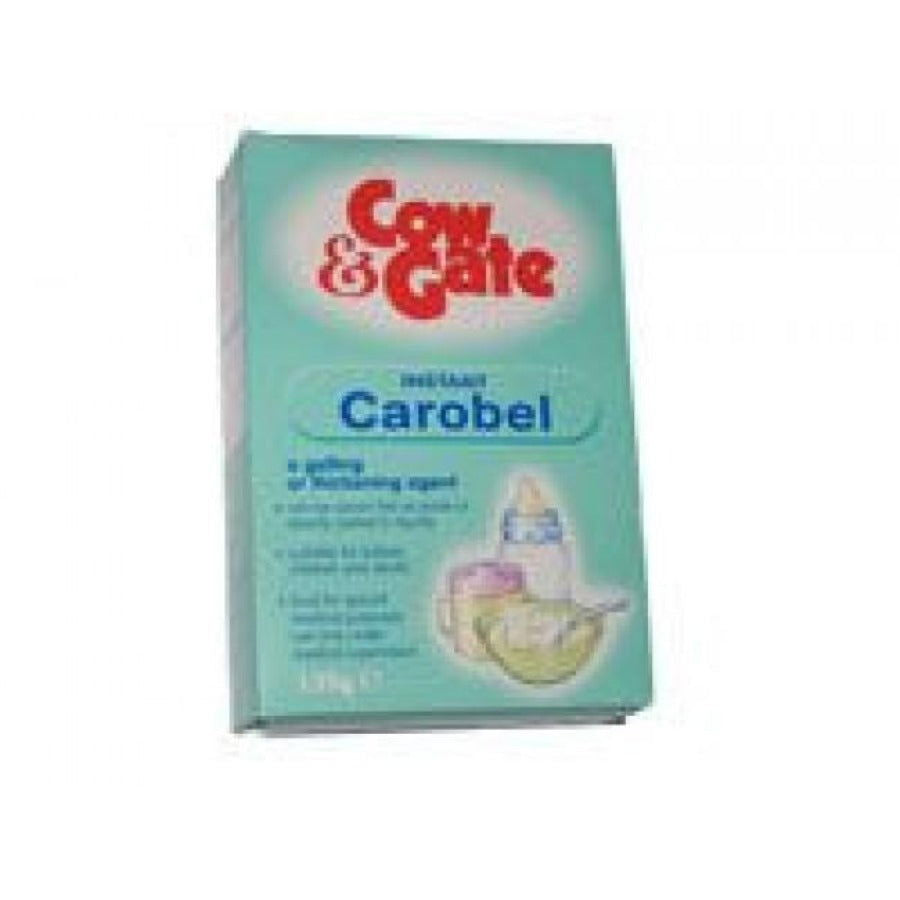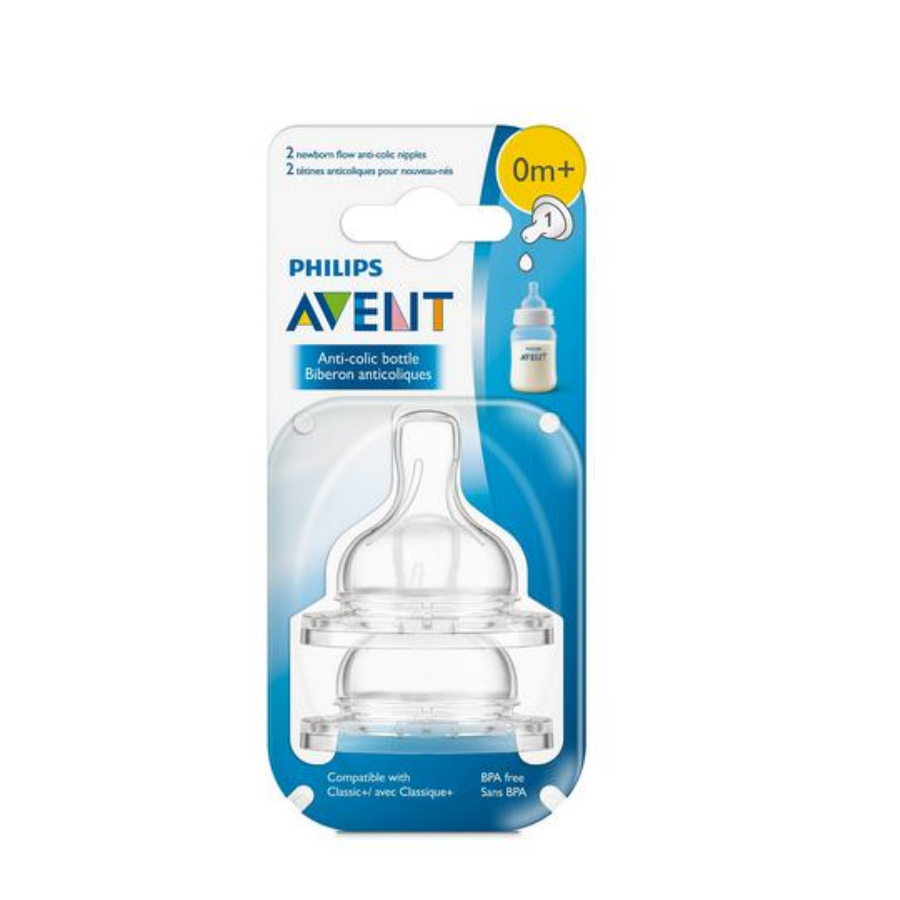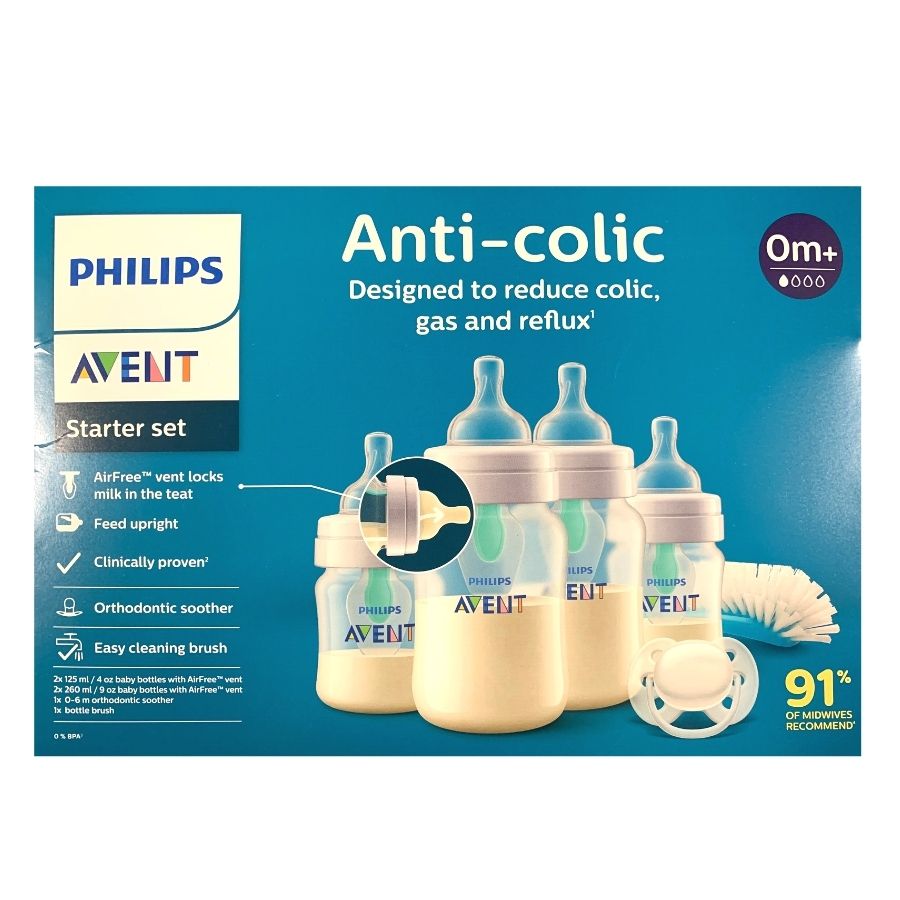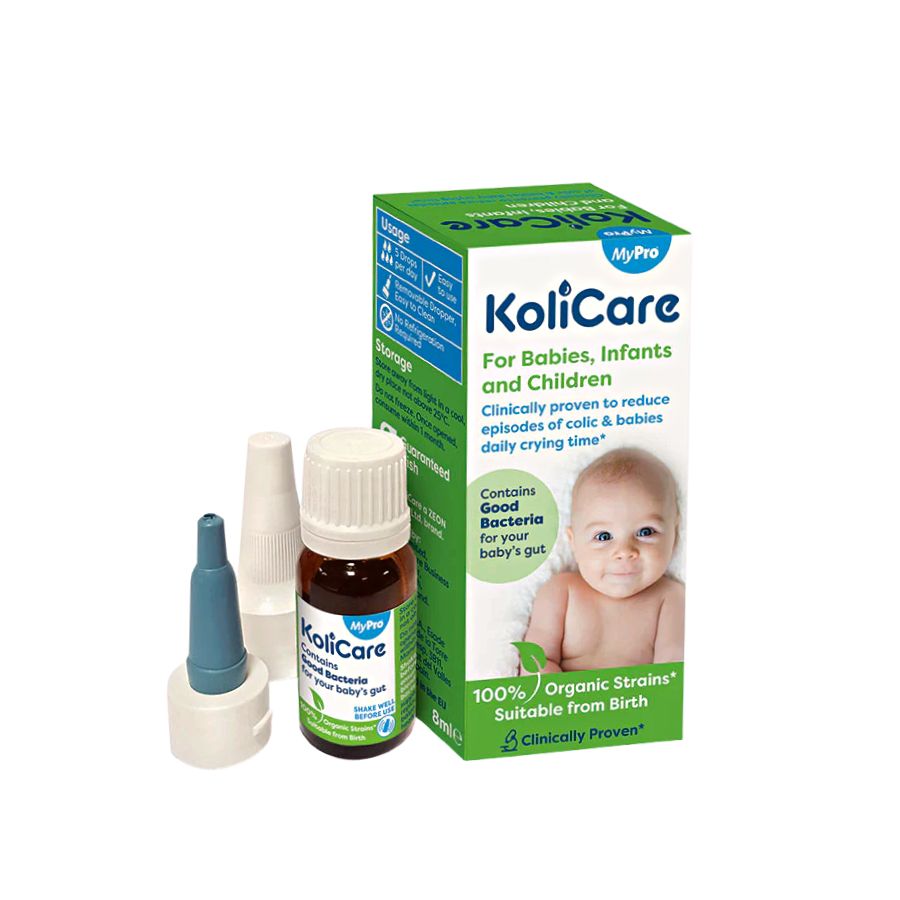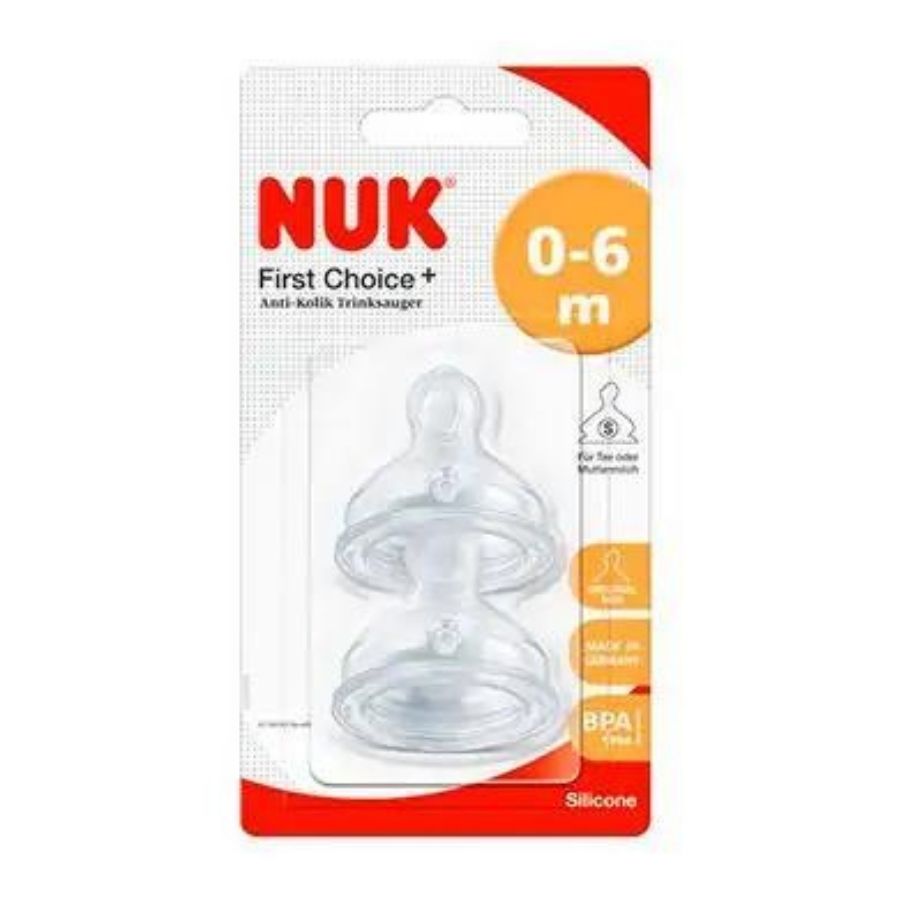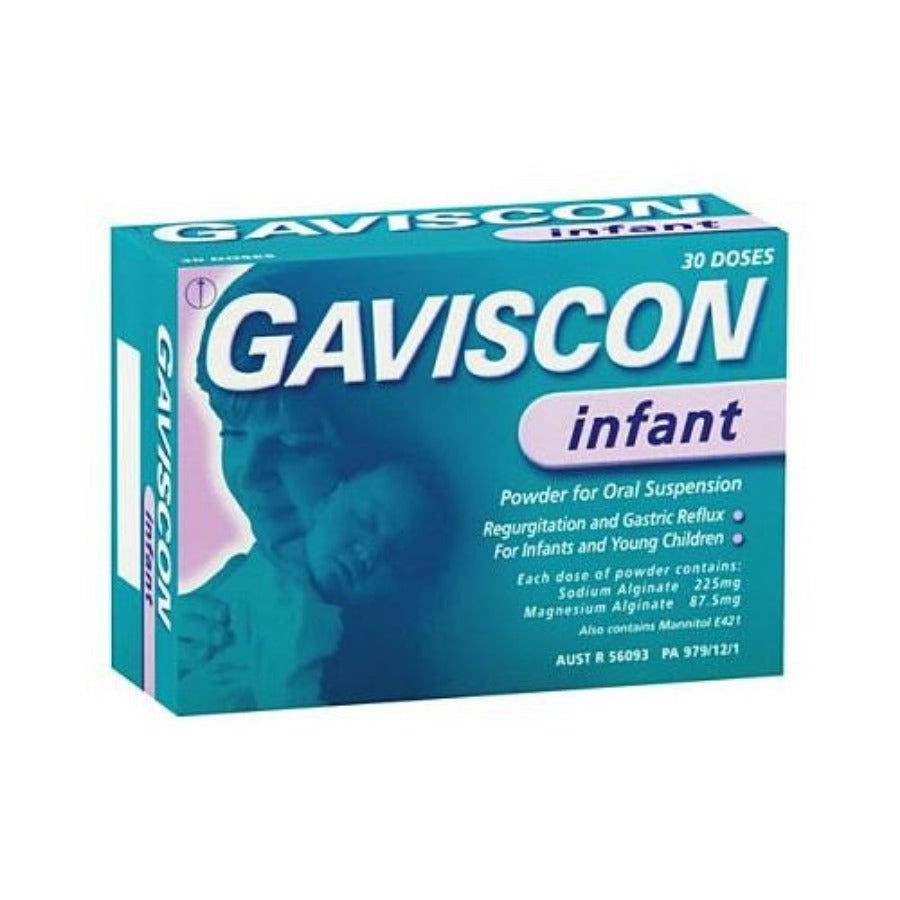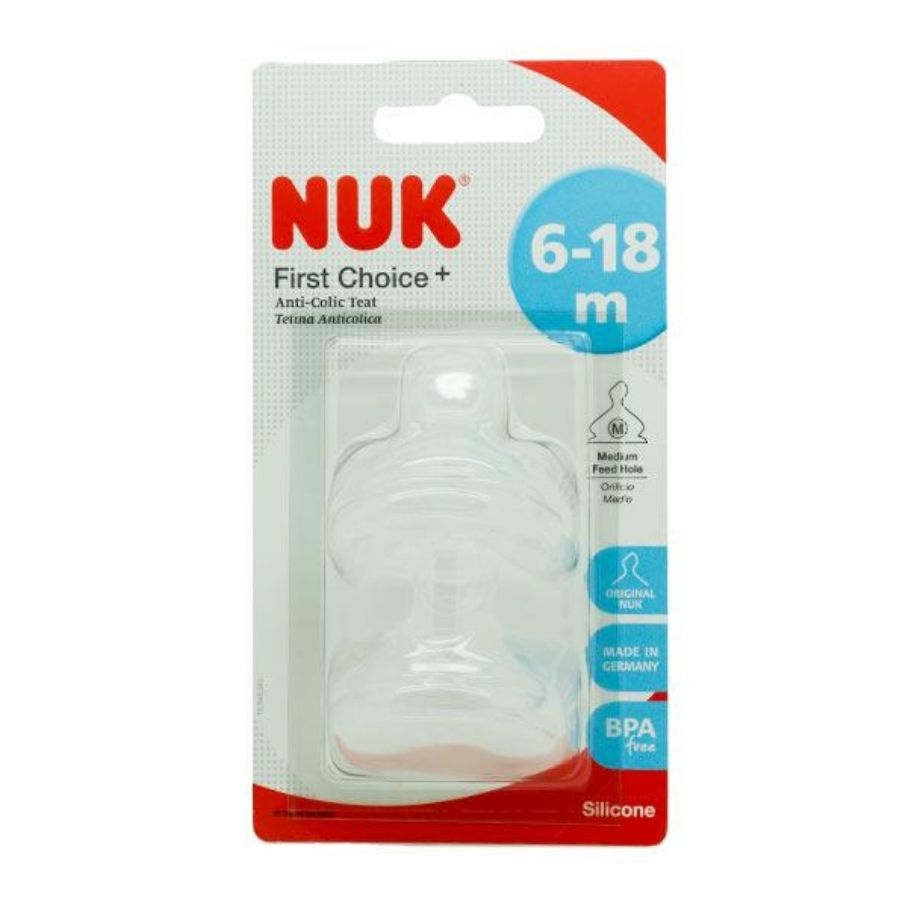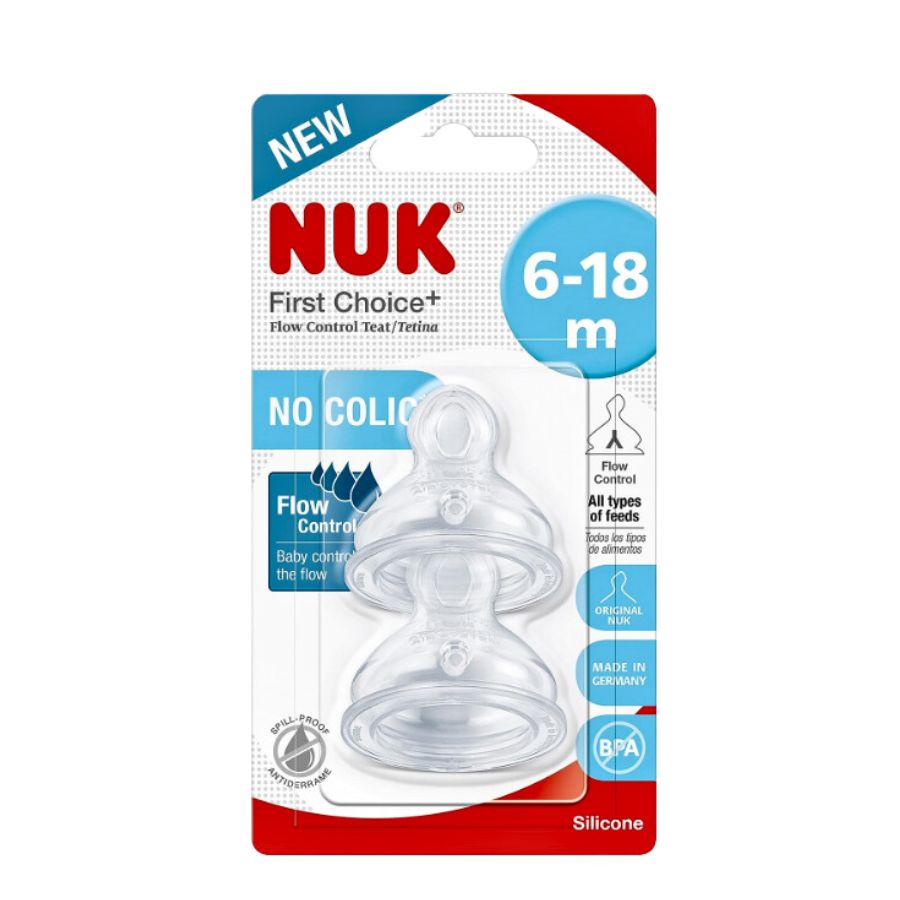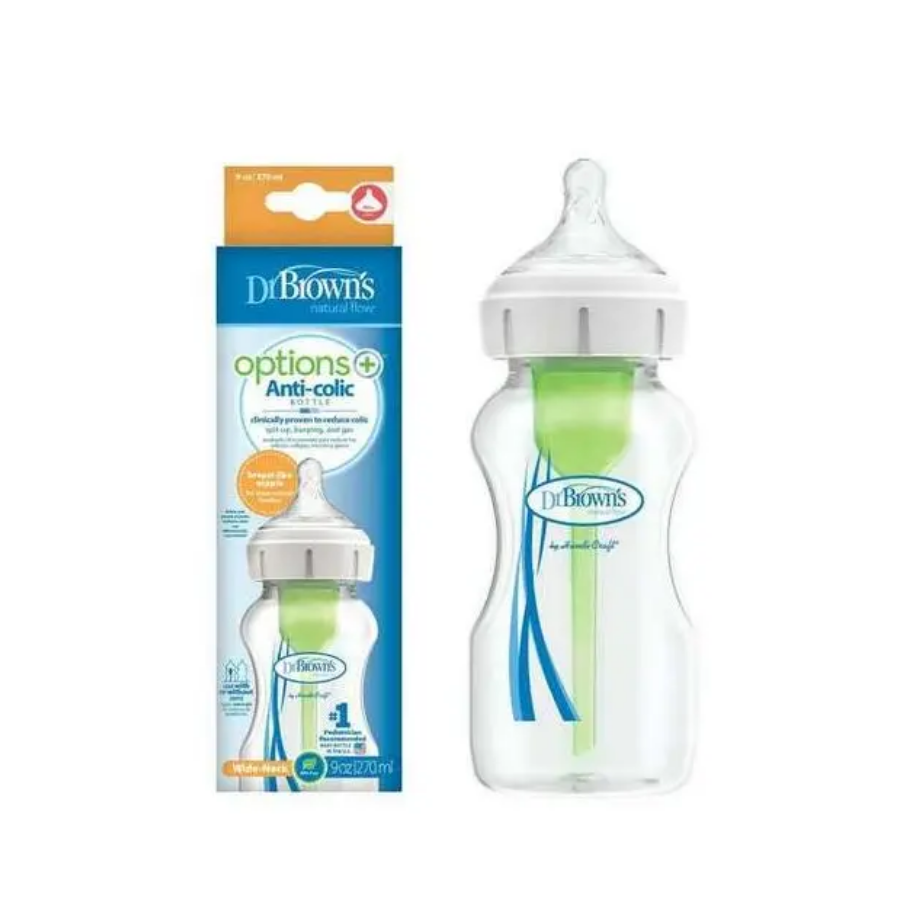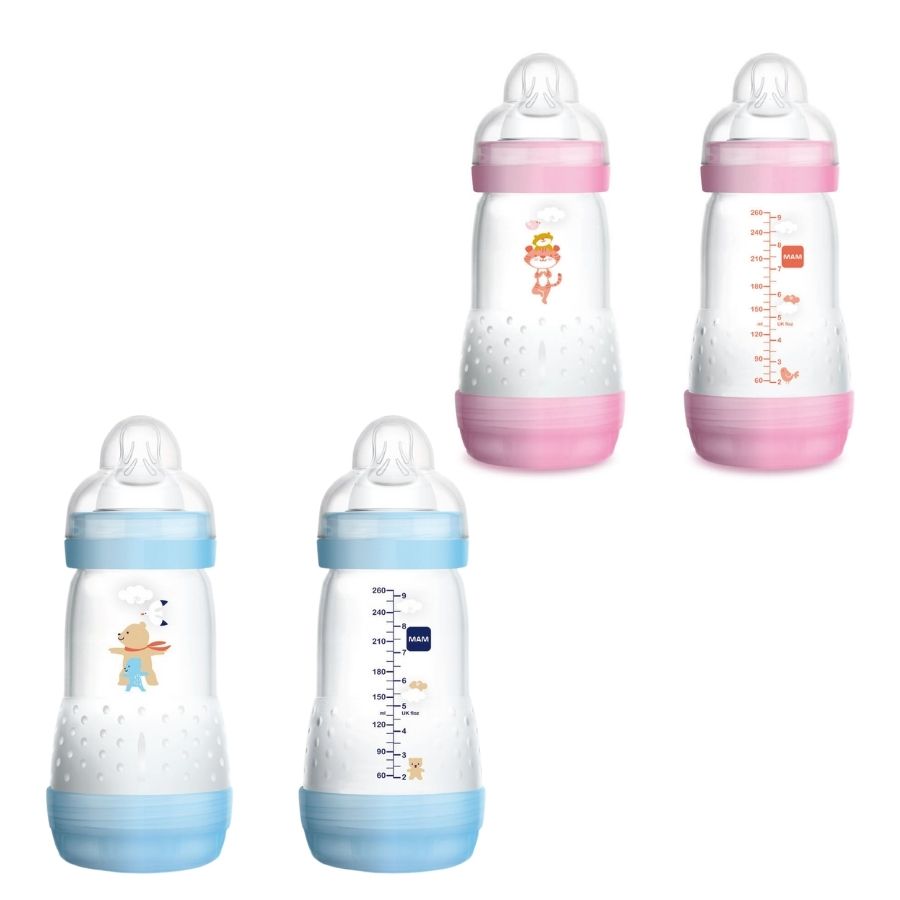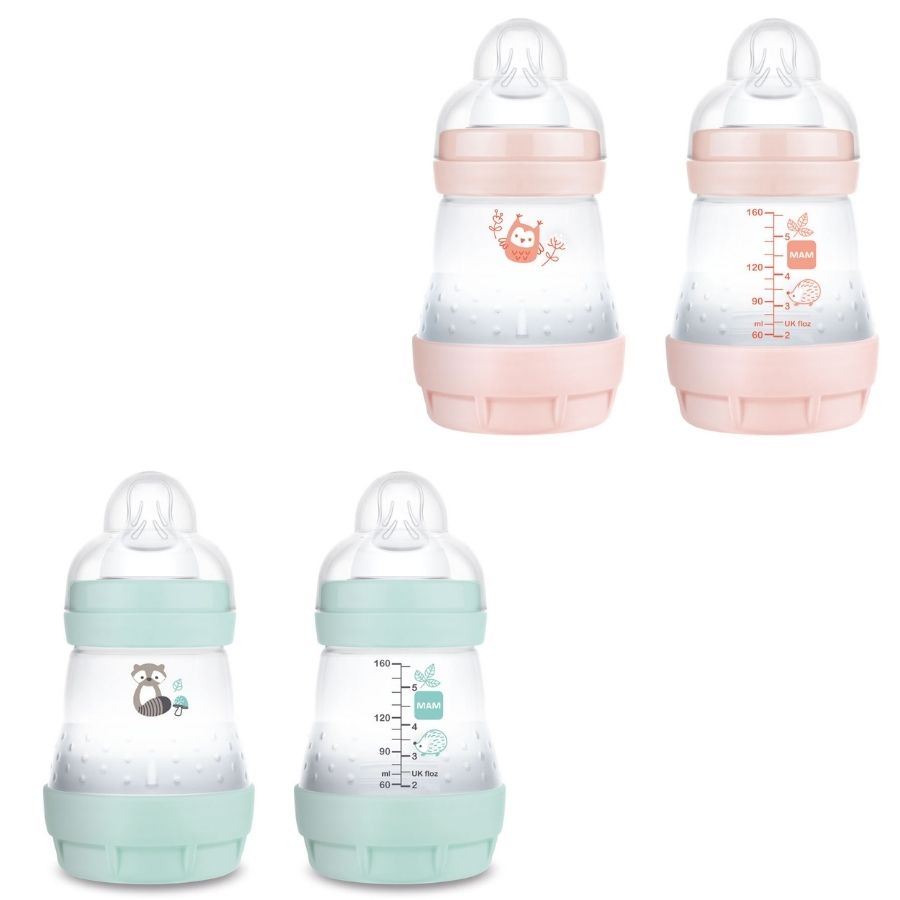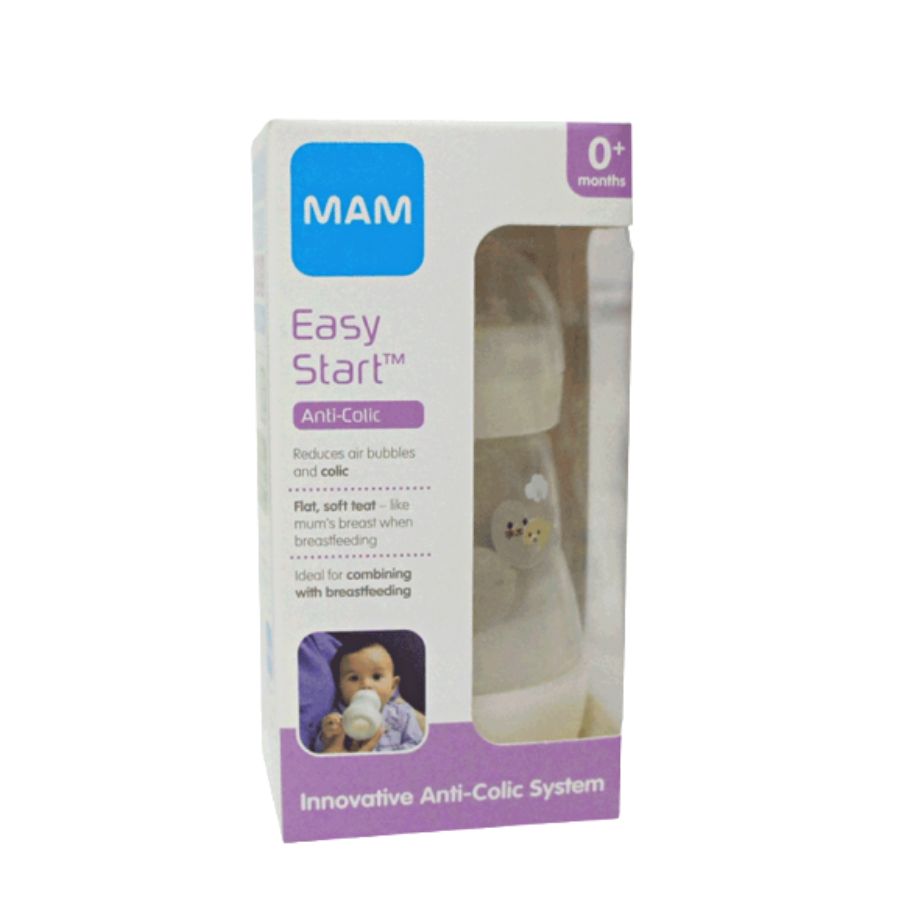Colic
15 products
Showing 1 - 15 of 15 products
Colic Baby Treatment - Relief Drops, Gripe Water, Anti Colic Bottle Giftset, Herbal Blend - Baby Colic Relief
It's normal for newborns to cry at times. After all, this is the only means your little one has of informing you when he or she is hungry or uncomfortable. Your child may cry for no apparent cause at all at times.In certain cases, a newborn's natural fussiness might morph into prolonged, inconsolable screaming spells. It is possible that your baby is suffering with colic, a condition that affects around 20% of all newborns.
You may learn more about colic, what might be causing it, how you can help your kid feel better, how to deal with the stress of your child's crying, and when to take your baby to the doctor by reading on.
What Is Colic, and How Do You Treat It?
When your baby cries, it might be for a variety of reasons, such as being hungry, exhausted, or in need of a diaper change. If this is the case, all your child needs is a meal, a snuggle, or a clean, dry nappy to perk back up.
However, if your baby continues to cry despite your efforts and seems to be crying for no apparent cause, he or she may be suffering from colic.
The difference between regular crying and colicky crying is this: If your baby is sobbing normally, he or she will soon cease crying if you provide him or her with comfort measures. Your baby's screams are incessant and he or she can't seem to be soothed.
You may also notice that your baby screams more frequently in the afternoon and at night if he or she has colic.
Colic's Symptoms and Signs
Some of the following symptoms may be present in an infant with colic:-
Crying that won't stop. Normal methods of soothing your infant, such as feeding, cuddling, or changing diapers, aren't working. Alternatively, they may only be able to help for a brief period of time before the sobbing returns.
-
Tenseness or rigidity. Colicky discomfort can be indicated by stiffness or tensing of the body, as well as arched backs and clinched fists.
-
Curling up in a ball. The legs of your child may be pulled up toward the abdomen many times in rapid succession.
-
Inflammation or tenderness in the abdomen. Tight and puffed up, your baby's stomach may be uncomfortable to the touch.
-
A swollen and flushed face. You may notice that your child's face is a touch red from sobbing.
-
Additional than that, there are no other signs or symptoms. Between cries, a baby with colic will appear healthy. If you experience any other symptoms, such as vomiting or a fever, get medical attention right once.

